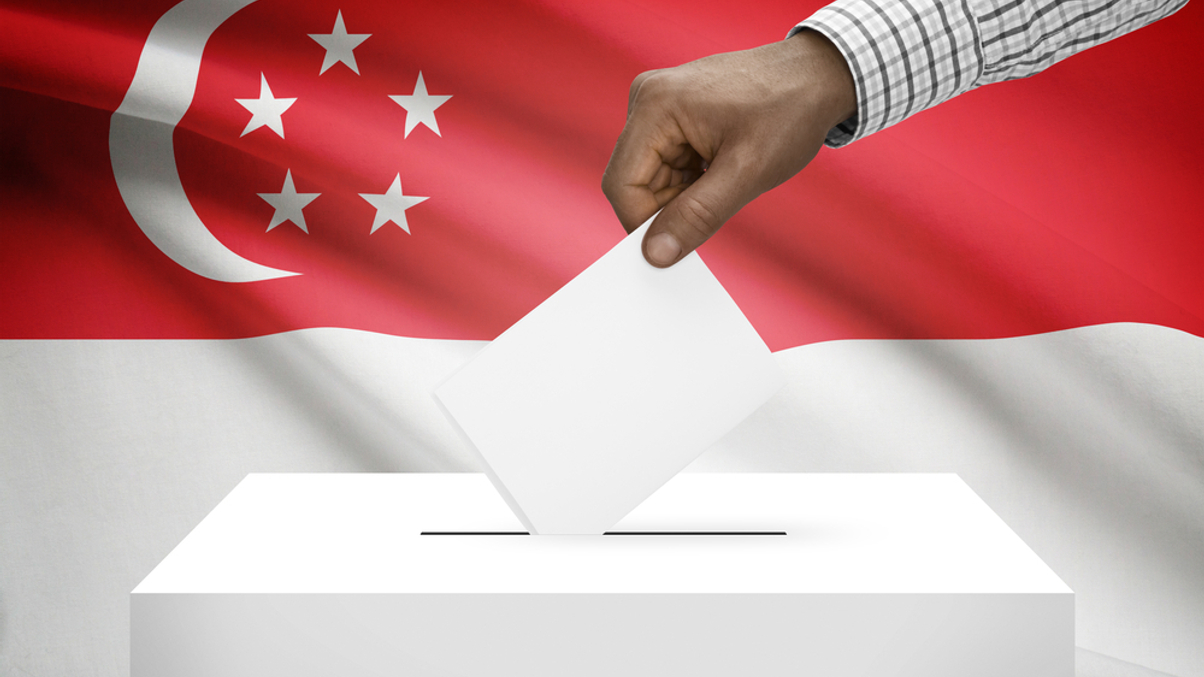SG presidential election: Former asset owner execs in the spotlight
The appointment of any of the candidates, all of whom are former business executives and money managers, reinforces the image of Singapore being run as a super-efficient corporation, said one observer.

Singapore’s final lineup of candidates for the presidential poll has thrown up three names, all of whom are deeply connnected the asset owner industry.
Sign in to read on!
Registered users get 2 free articles in 30 days.
Subscribers have full unlimited access to AsianInvestor
Not signed up? New users get 2 free articles per month, plus a 7-day unlimited free trial.
¬ Haymarket Media Limited. All rights reserved.


